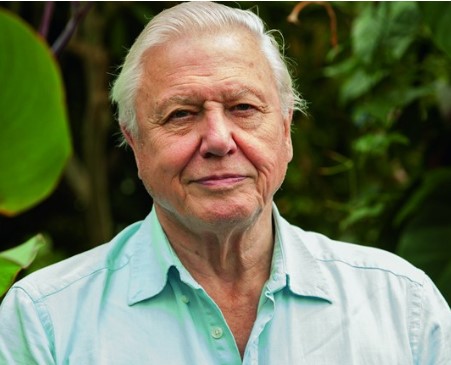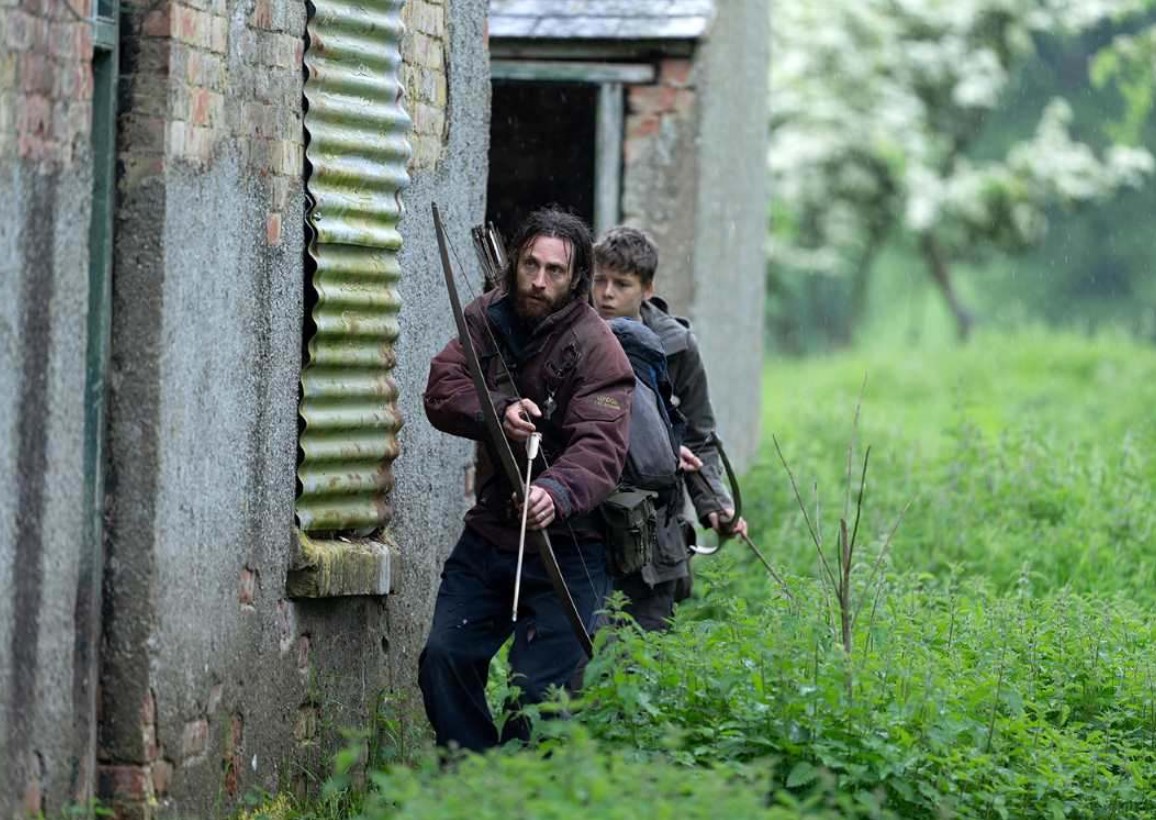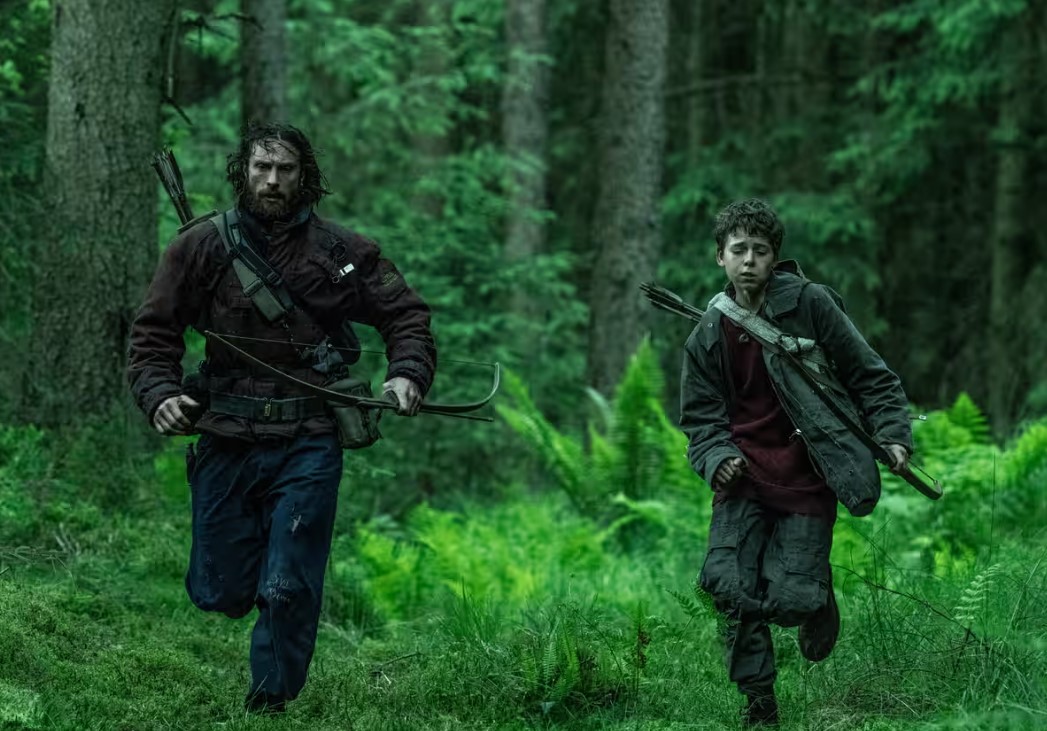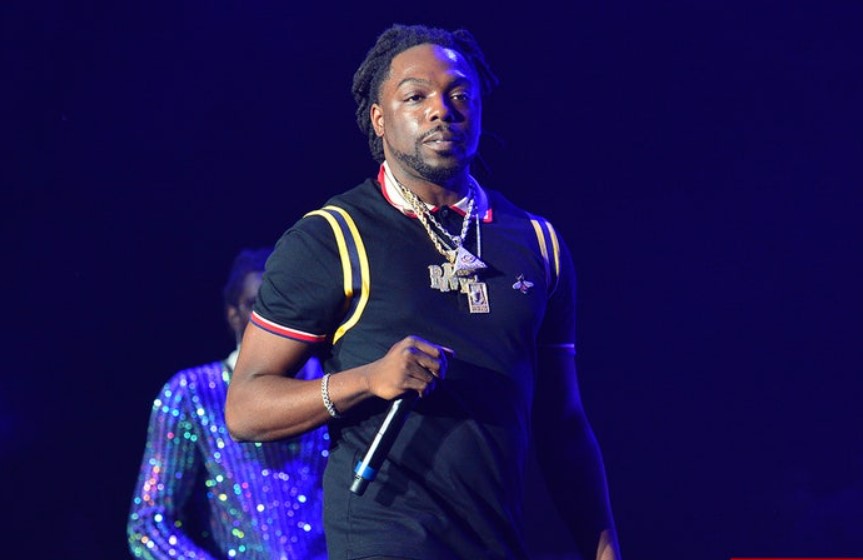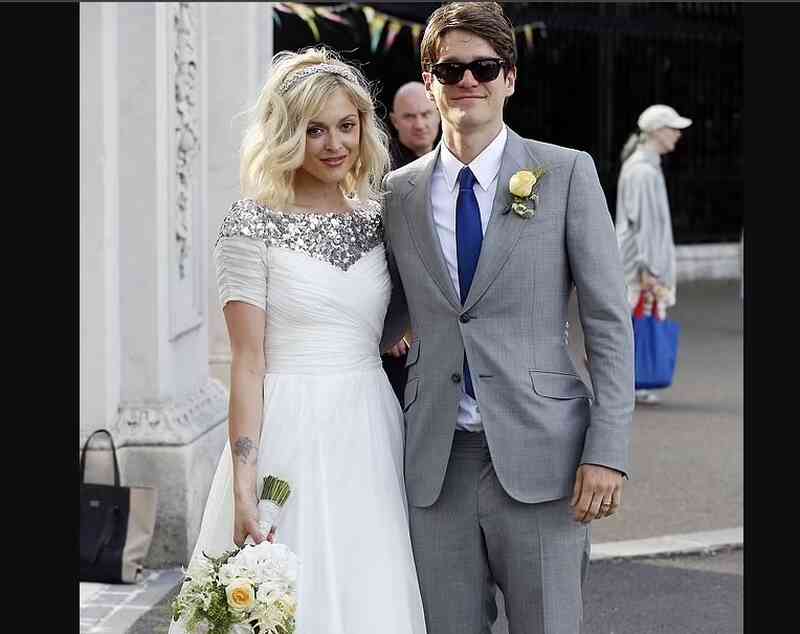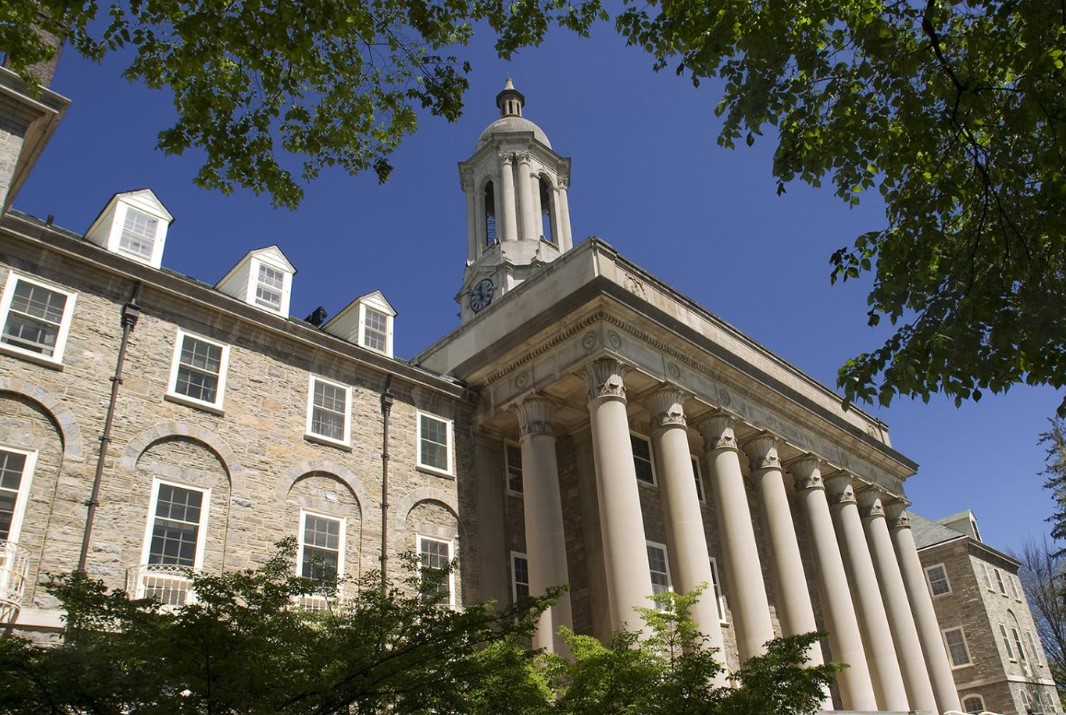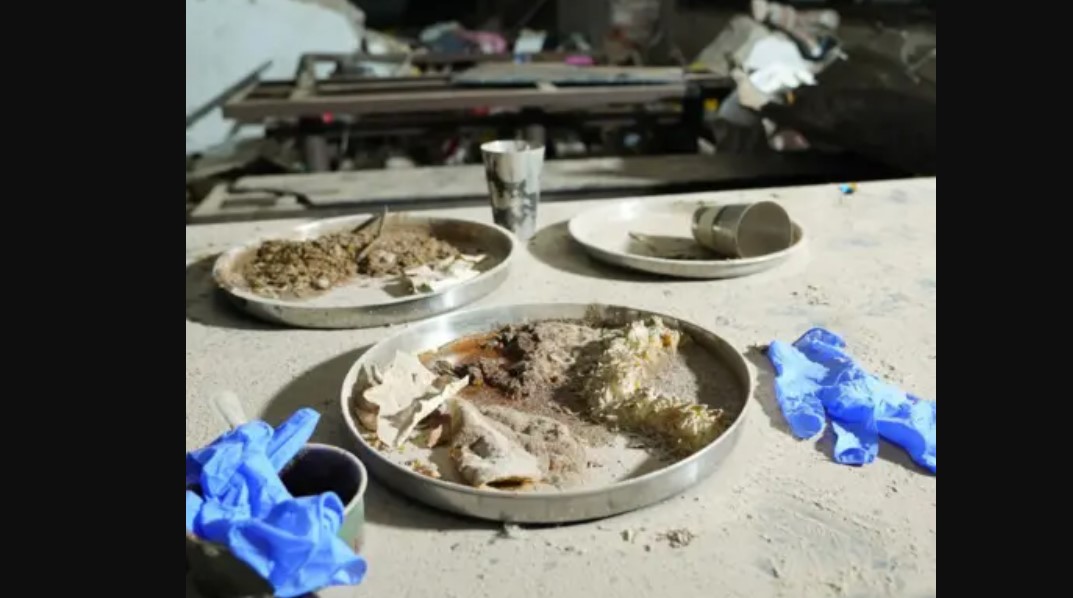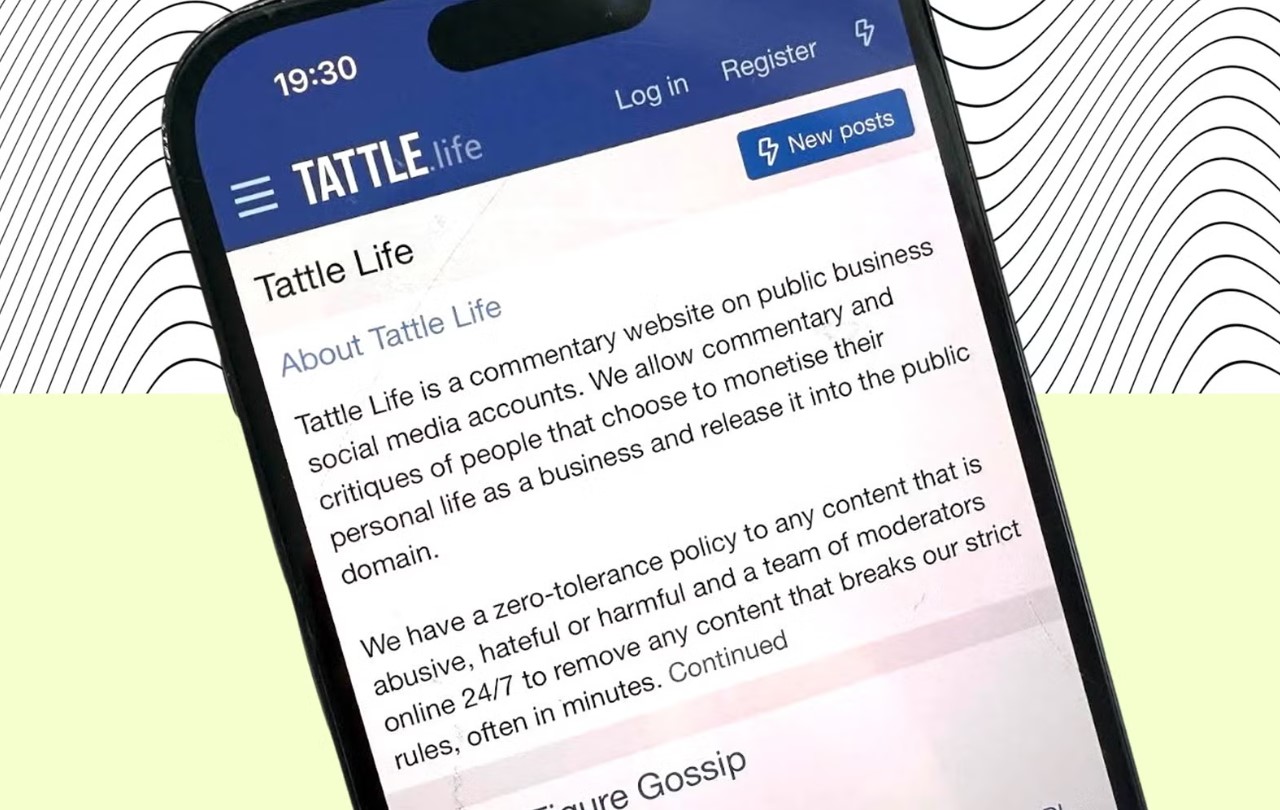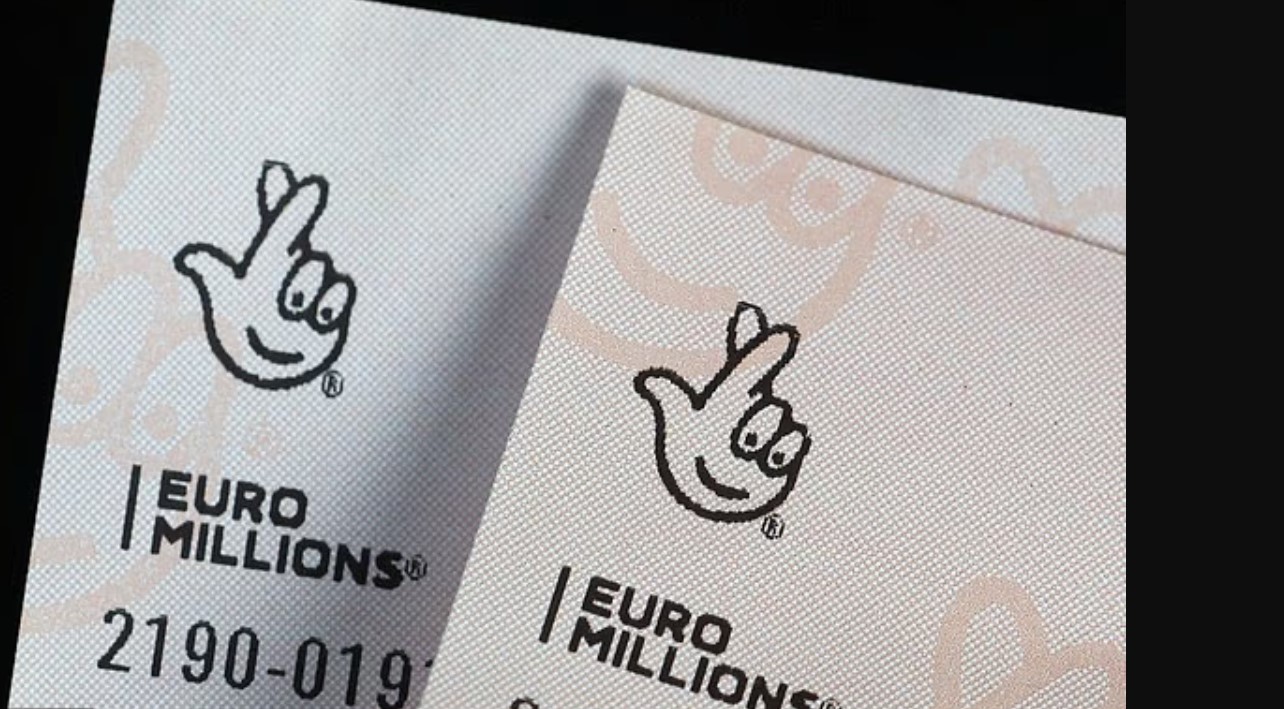Man, talking about David Attenborough sorta feels like talking royalty in the world of nature shows. The guy’s a legend, plain and simple. We’re talking over sixty years—yeah, let that sink in—of making people actually care about weird little frogs in Borneo or birds doing their ridiculous mating dances. His documentaries didn’t just show animals doing animal stuff; they changed how millions of us even look at the planet. No joke, he’s the grandpa everyone secretly wishes they had—super wise, warm, and with a voice that could probably talk you into recycling your own shoelaces. So, let’s get into the life (and wild ride) of the man himself, and how he’s basically reshaped how we think about this big spinning rock we call home.
Quick Dive: Sir David Frederick Attenborough
- – Full Name: Sir David Frederick Attenborough (yep, the “Sir” is well-earned)
- – Job Titles: Broadcaster, biologist, natural historian, writer—he’s done it all
- – Born: May 8, 1926, Isleworth, UK (London, if you wanna sound fancy)
- – Age: 98 (dude’s been everywhere and seen…everything)
- – Spouse: Jane (they were together almost 50 years, which, respect)
- – Kids: Robert & Susan
- – Books: “A Life on Our Planet,” “Life Stories,” you get the idea
- – Siblings: Richard Attenborough (yep, THAT Richard—Jurassic Park dude), plus a few more
- – Passport: British, through and through
- – Trophy Shelf: BAFTAs, Emmys, Knighthood (1985), probably needs a new cabinet honestly
- – Famous Series: “Zoo Quest,” “The Blue Planet,” “Planet Earth II,” etc.
- – Conservation Stuff: WWF trustee, films that basically guilt-trip people into caring about the earth (in a good way)
- – Voice/Narration: Smooth, calming, a little like a posh bedtime story with killer facts
- – Advocate: Not just talking the talk, really pushing for sustainability
- – Net Worth: $10–15 million, but, come on, his “worth” is off the charts
How Did It All Start?
London, 1926. Little David’s running around, already obsessed with bugs or whatever kids got into before the iPad. World War II hits, things get tough, but he’s out there still, pockets full of fossils. When he finally hit Cambridge, he geeked out over zoology (who wouldn’t?), and that basically set him up for a career most of us couldn’t even dream up.
BBC Calling
So, flash forward to the ’50s. He hops over to the BBC in ‘55, probably wearing a snazzy suit and carting around jars of beetles (speculation, but let me have this). He starts off behind the scenes but, man, that didn’t last. Next thing you know, David’s jetting off on “Zoo Quest” and hanging with Komodo dragons while the rest of us can barely keep a houseplant alive. “Zoo Quest” was a total game-changer—it put wild, exotic animals into living rooms that had never even seen a color TV. From there? The sky was the limit.
You can also know
Changing The Documentary Game
Fast-forward a couple more years (okay, decades). You get to “The Trials of Life” in ’79. This show? Wild. You’re watching cheetahs sprint or ants building their empire, and Sir David’s right there, breaking down the “circle of life” before Lion King made it cool. His superpower was pretty obvious: genius-level science brain, but he could explain stuff to your grandma AND your six-year-old niece without making anyone feel dumb. That’s rare.
Then Came The Blue Planet…
Now, if you haven’t at least seen a clip from “The Blue Planet,” you must’ve been living under an actual rock. Released in 2001, it was like, “Hey, check out these oceans—you’re not paying enough attention!” Seriously, people saw glowing squid and deep-sea monsters for the first time, and suddenly everyone cared about plastic straws. David’s commentary—so gentle, so urgent—sorta haunted you in a good way. He pushed the whole planet to rethink what we’re doing to the oceans.
And honestly? The world paid attention. Now, you can’t swing a tote bag at a farmers market without hearing someone say “sustainability,” and I think a massive chunk of that comes right back to Attenborough’s voice in our heads, telling us not to mess things up.
Pretty wild legacy for a guy who started out poking around for fossils, huh?


